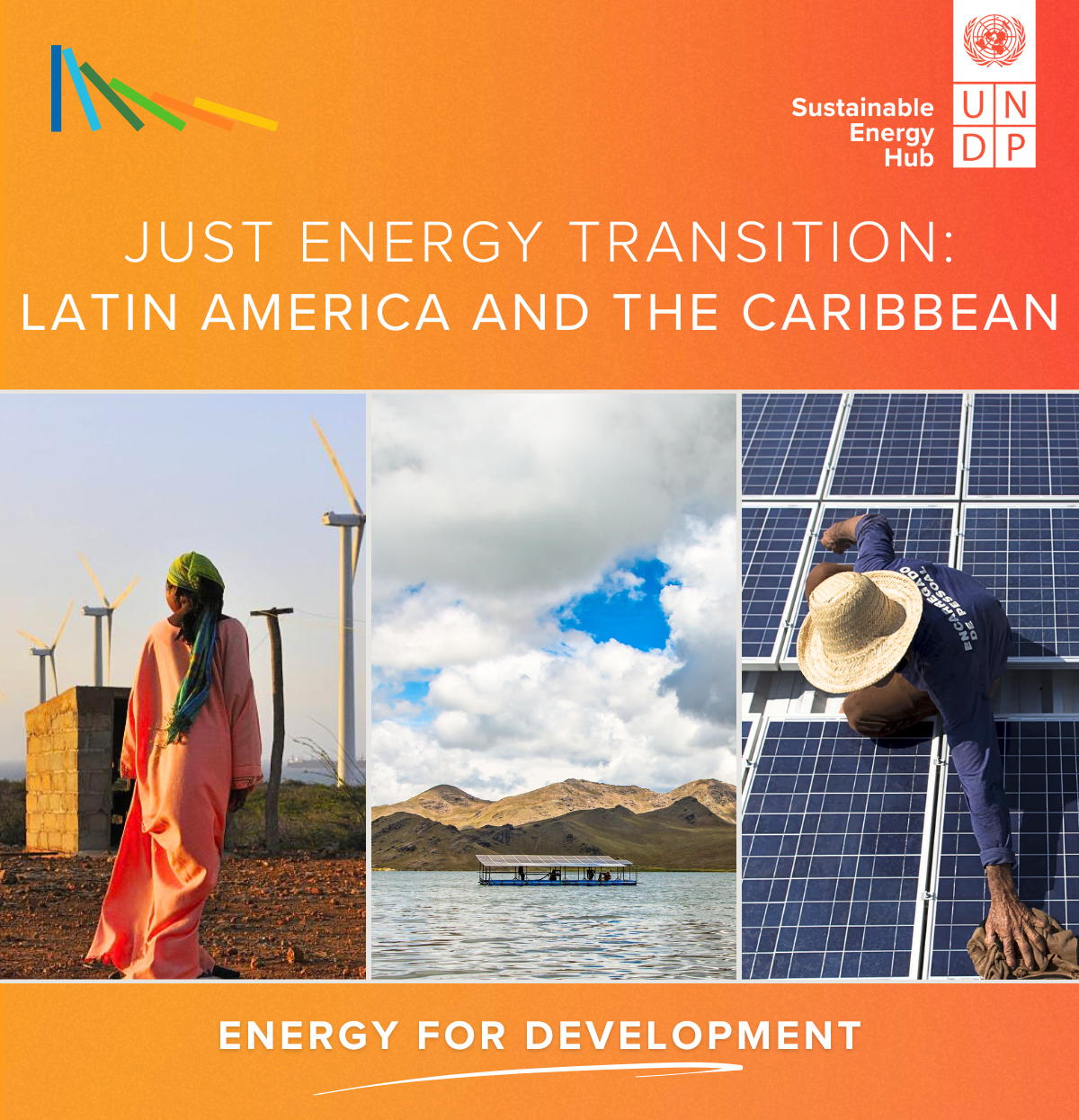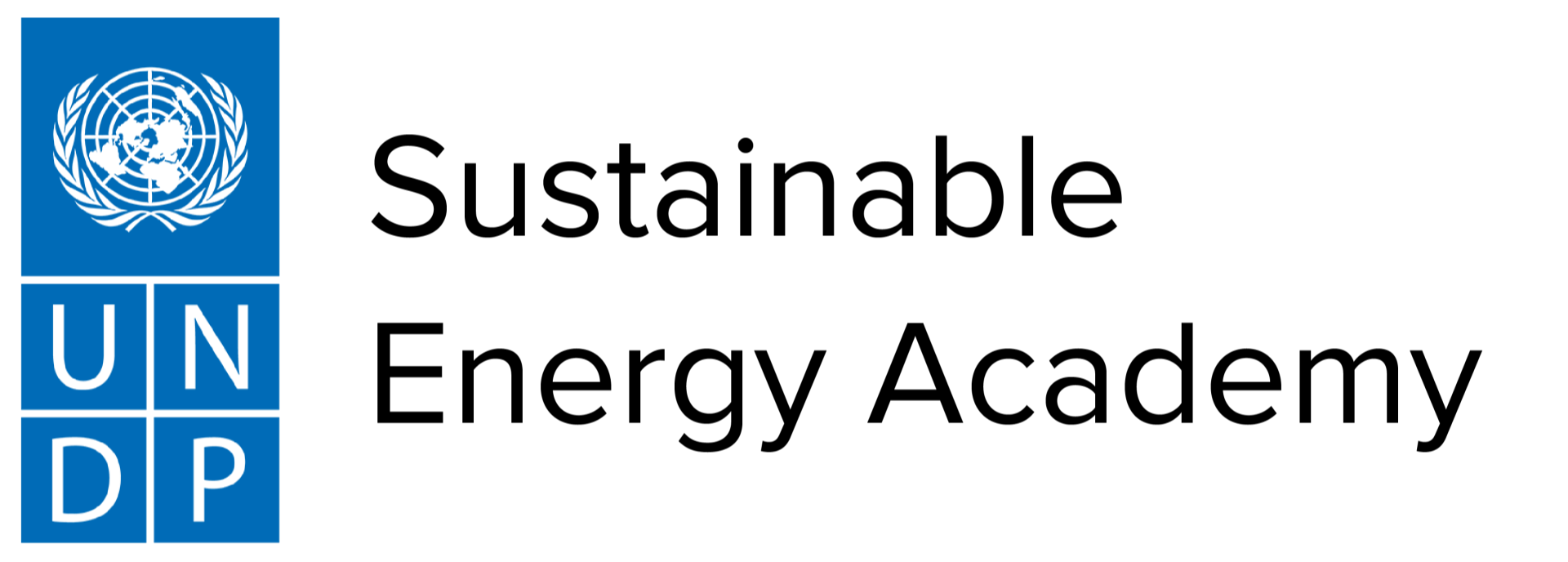

Latin America and the Caribbean (LAC) are uniquely positioned to lead a just energy transition, with 60% of its electricity generated from renewables, which is double the global average, and contributing 14% of global renewable energy use. With abundant hydropower, solar PV, and wind potential, along with 60% of the world’s lithium reserves essential for battery technology, the region has the capacity to redefine sustainable development while securing local benefits for its communities. Recent progress, like Uruguay’s 97% renewable electricity, reflects the region’s promise to set new global standards.
This energy transition is about much more than climate goals and power generation, it is about catalyzing a transformative cross-sectoral and integrated model for development. While LAC already has high energy access rates, accelerating clean energy adoption can close the final access gaps, providing electricity to the remaining 3% of the population and clean cooking solutions for the 11% still without them to ensure no one is left behind. Moreover, this shift also promises employment opportunities, with energy sector jobs projected to increase by over 15% by 2030, particularly in clean energy technologies and in the critical mineral sector.
This momentum positions LAC to aim even higher by 2030. The region added an impressive 26 GW of renewable capacity between 2022 and 2023, outpacing the rate required to meet its existing goals. With substantial untapped, economically viable hydropower, solar PV, and wind resources, LAC’s ambitions for 2030 can be stronger, driving greater regional resilience and energy security. Achieving these targets will require strengthened cooperation, financial mobilization, innovative policy, and digital advancements, which will be essential building blocks for what could be a “second generation of the energy transition.” This approach can extend beyond energy production to include key areas like transport electrification and sustainable mining, positioning LAC as a global blueprint for just energy transitions at scale.
With COP16 and the Latin American Energy Organization (OLADE) Energy Week now underway, this bulletin examines how LAC can maintain and accelerate the momentum toward a sustainable, resilient future powered by clean energy.

